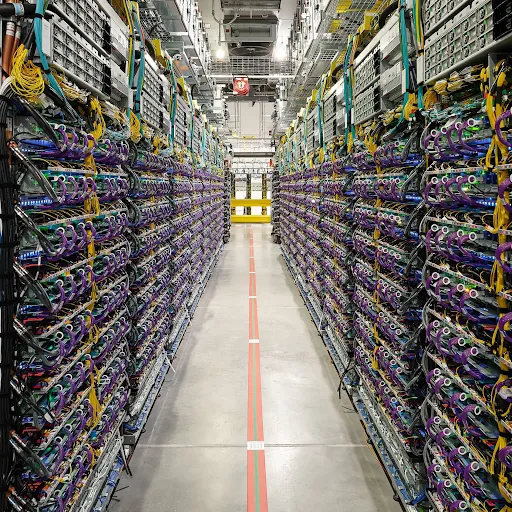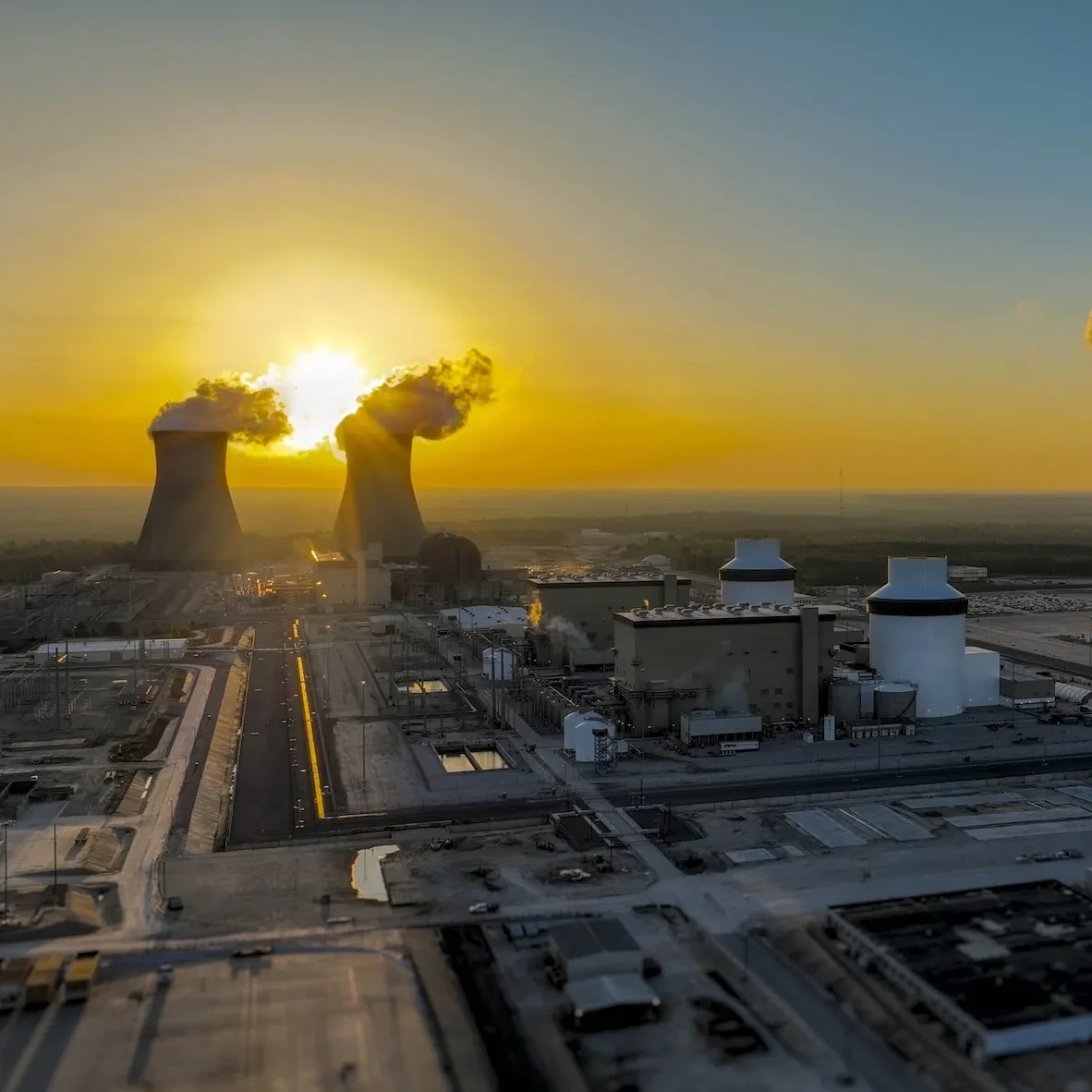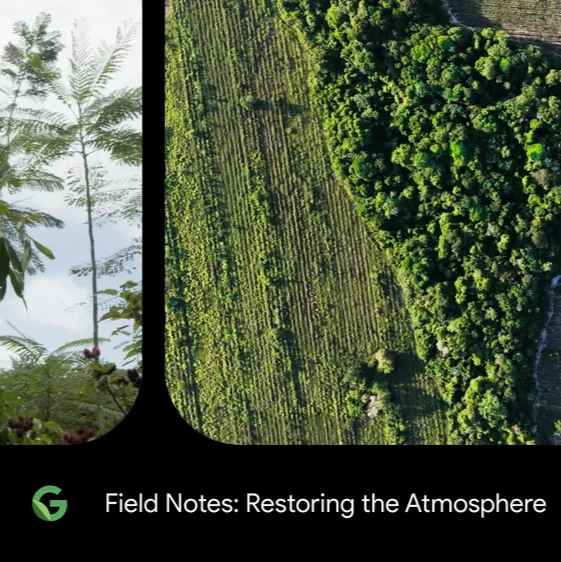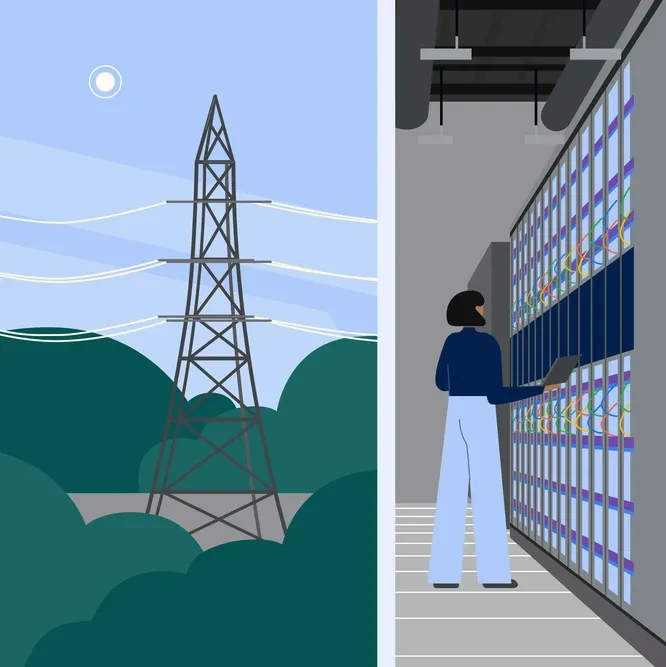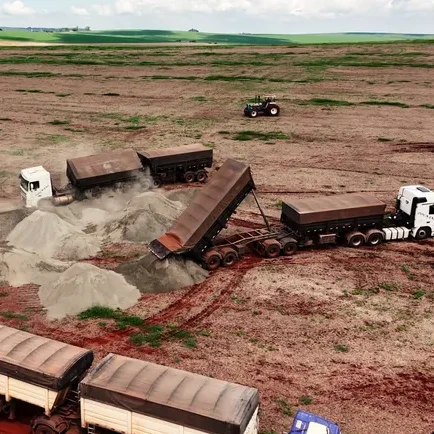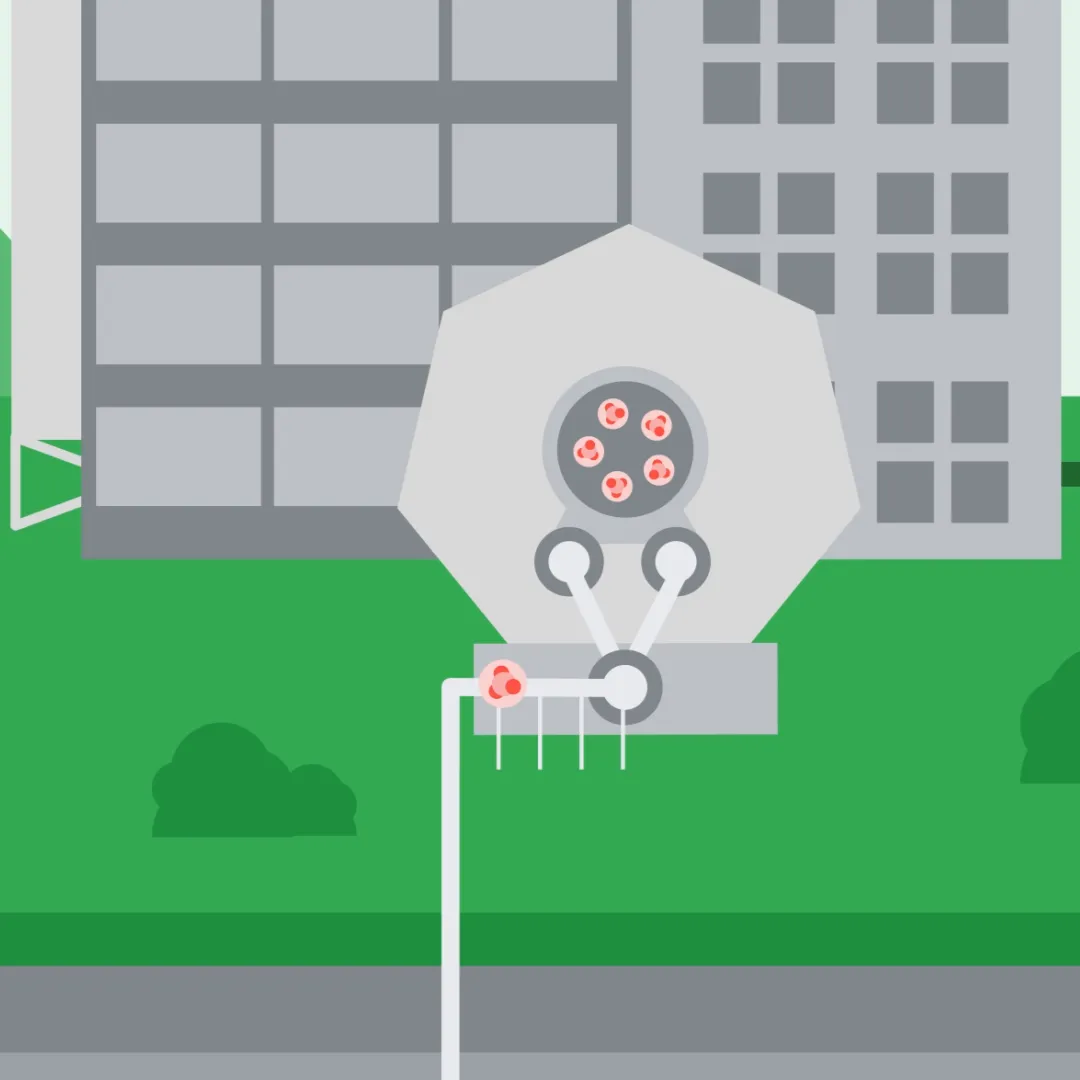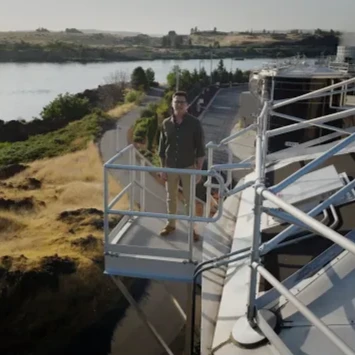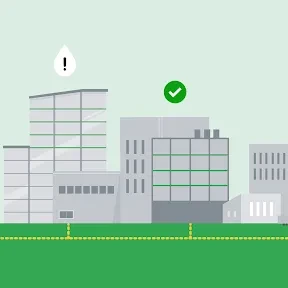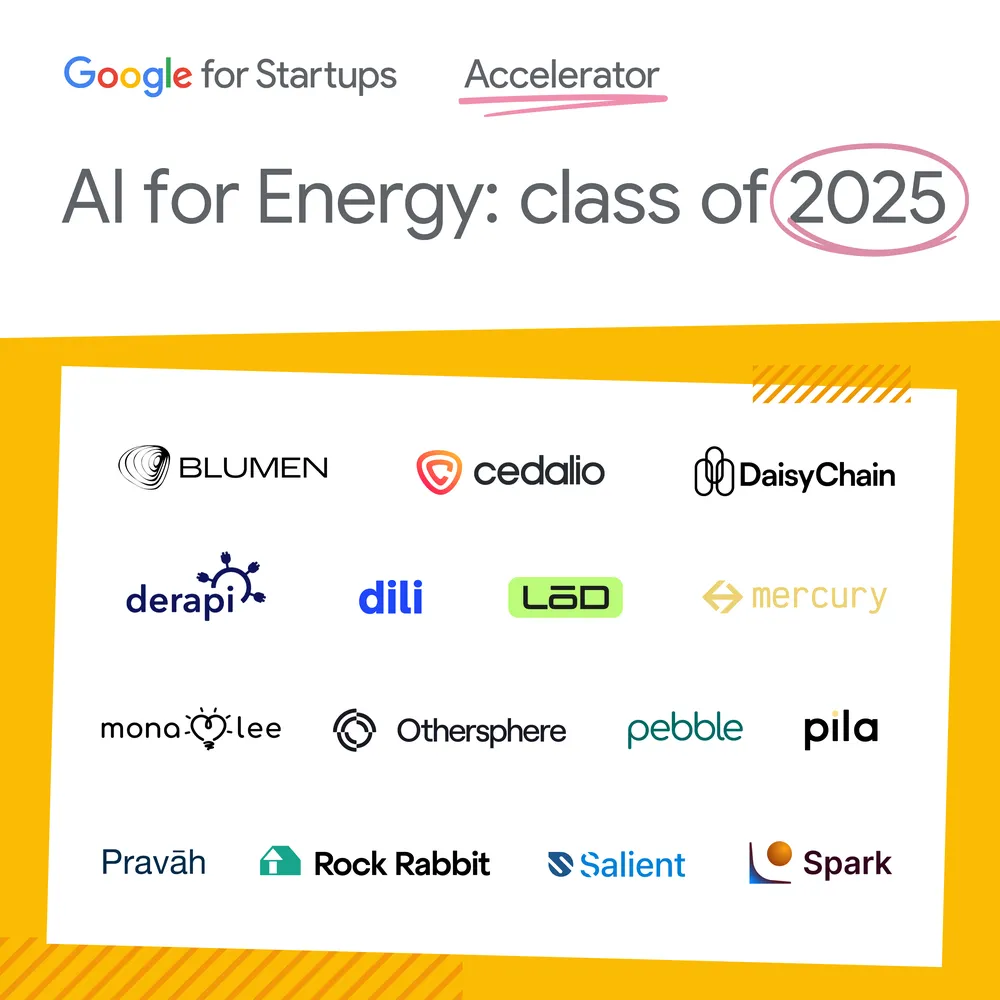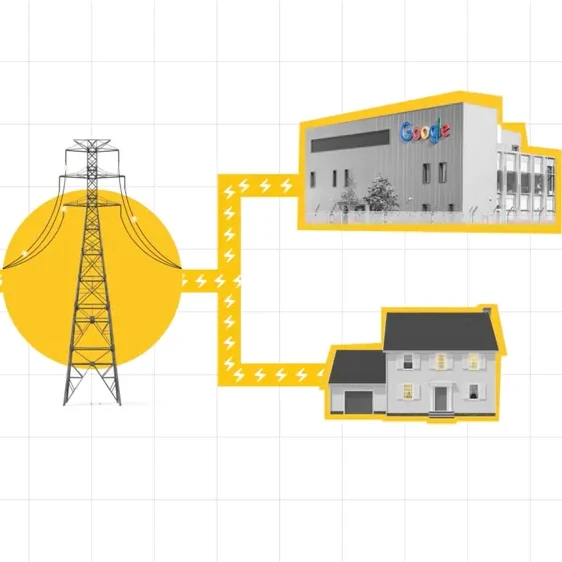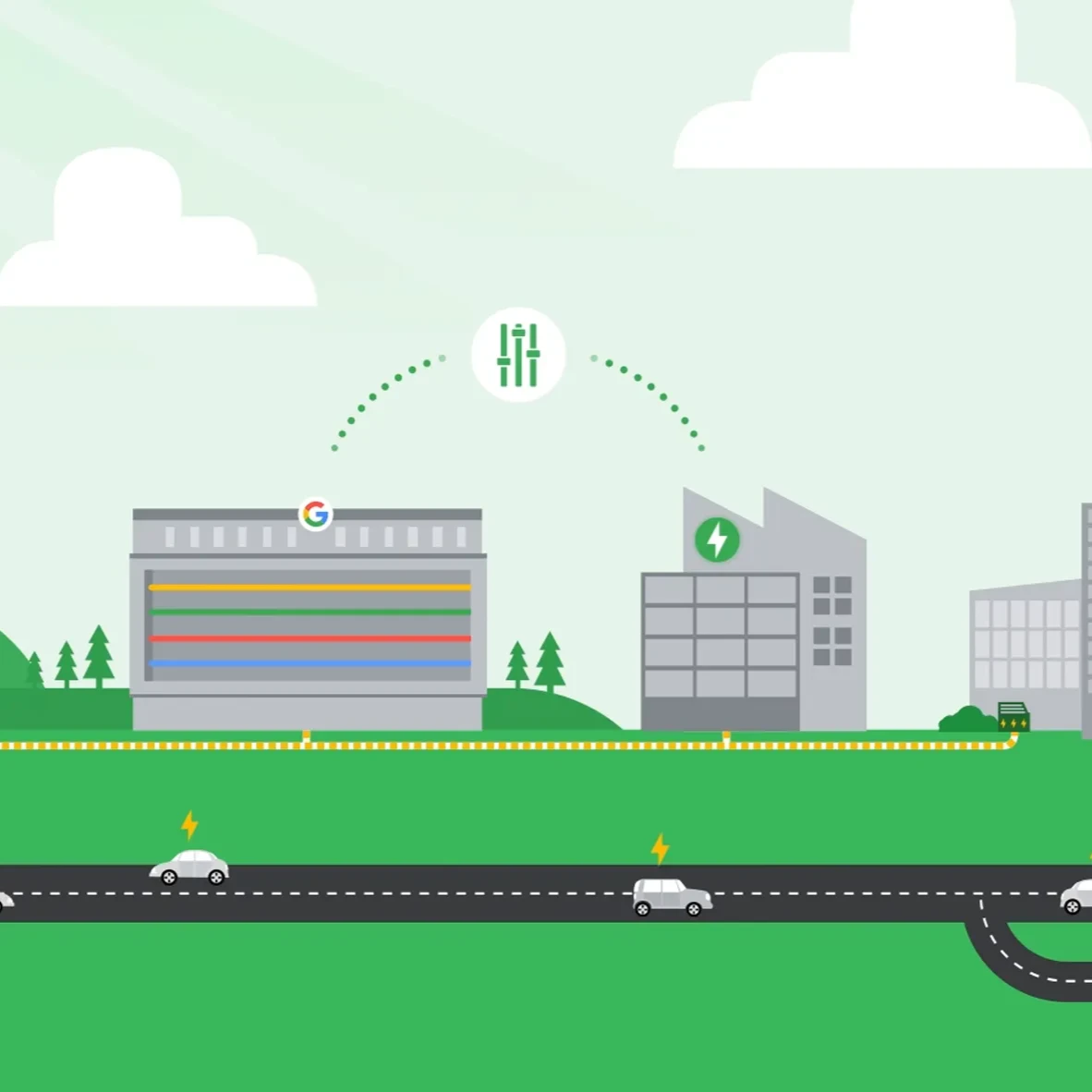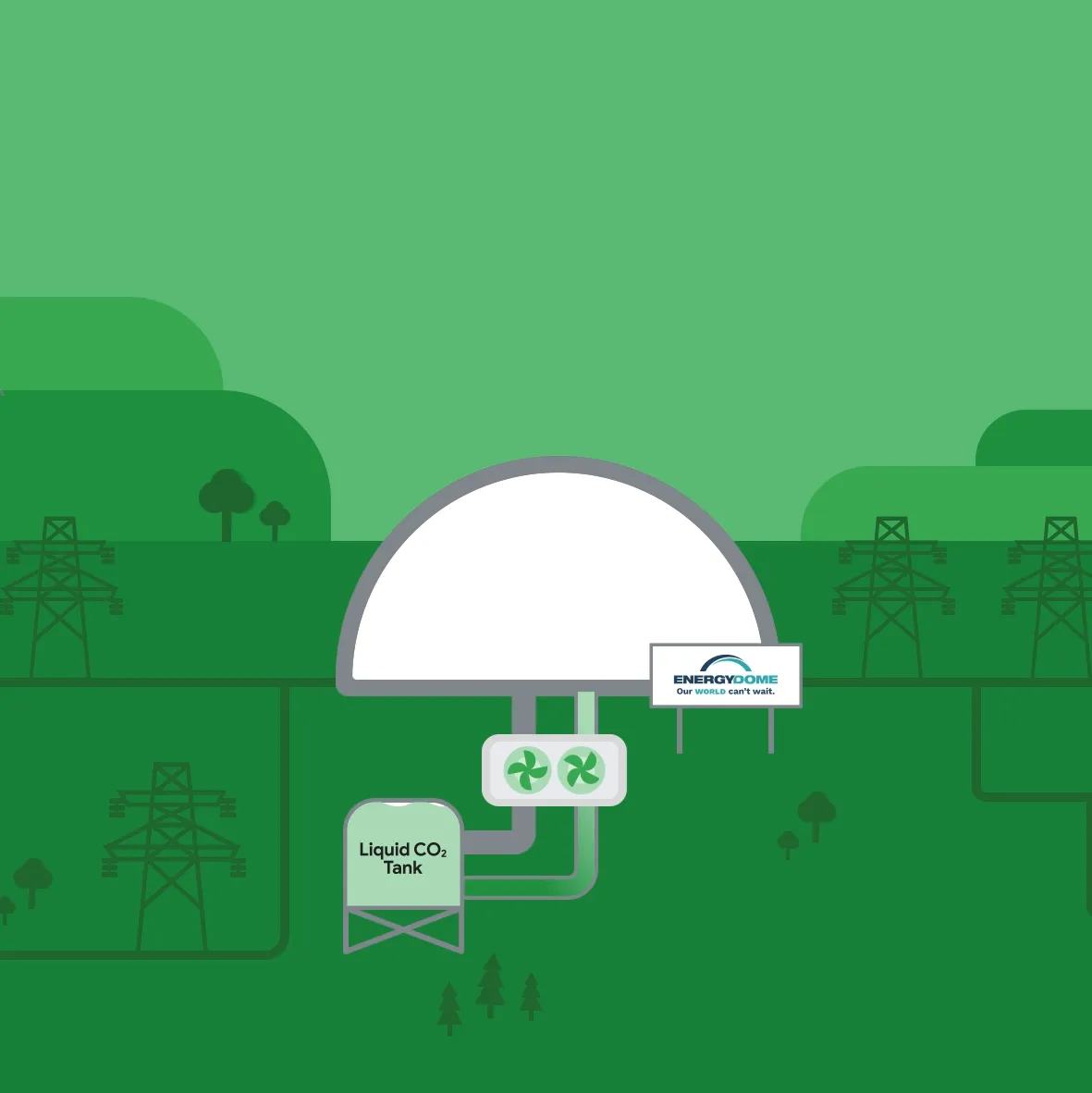Energy and Sustainability
Learn how we're leveraging the power of AI to help solve society’s biggest challenges and improve lives.
Tracking our progress
This decade is critical in setting the world on a path to a sustainable future
Since Google was founded, our efforts to mitigate climate change have started with our own operations, and we’ve worked hard to lead by example. We continue to take a science-based approach to our efforts, while showcasing how AI can be used to build a more energy-efficient and resilient world.
100%
In 2024, we matched 100% of the annual electricity consumption of our global operations with renewable energy purchases for the eighth consecutive year.
66%
In 2024, we matched 66% of our electricity use with local carbon-free sources on an hourly basis.
RECENT NEWS
View MoreWORKING TOGETHER
By innovating together we’re able to make progress on solutions for a more resilient world
EXTERNAL PERSPECTIVES
A collection of viewpoints on areas of shared concern
OUR EFFORTS
AI is fueling progress across sectors—from accelerating innovation in advanced energy technologies and optimizing grid systems to improving energy security and advancing areas like materials science and energy production forecasting. To realize its promise, AI itself needs energy to power these solutions.
Zooming out, the rise in energy consumption isn’t only about AI—it’s part of a bigger shift happening across the globe. As the digital economy expands, so does our collective need for electricity. It’s not just data centers driving this demand, we’re seeing this shift everywhere: from industrial production and the electrification of industries to increasing cooling needs amid record-breaking temperatures.
The good news? Economists have long found a direct relationship between energy consumption and economic growth. Energy is a key driver of productivity and income, not just a byproduct of expansion. Technological development drives growth and prosperity, and AI is poised to be a central driver of the next wave of expansion.
While there’s a large focus on the energy consumption of data centers, they account for a relatively small portion of both current and projected electricity use. According to a report by the International Energy Agency, in 2024, data centers made up just 1.5% of global electricity consumption. They’re projected to account for about one-tenth of the growth in global electricity demand by 2030—a smaller share than industrial motors, air conditioning, or electric vehicles. With this growth, data centers are projected to represent only about 3% of total global electricity demand in 2030, despite delivering an outsized contribution to economic growth and scientific advancement.
We realize the opportunity before us demands bold action, such as investing in infrastructure, creating smarter grids, and ramping up both mature and emerging sources of energy generation. It also means partnerships between governments and businesses to innovate faster and train a workforce capable of building the energy systems of the future.
In a recently published paper titled Powering a New Era of American Innovation, we share 15 policy opportunities for the United States. They reach across a broad base of stakeholders and are drawn from the broader discussion of policy options. Unlocking advanced electricity resources and grid infrastructure would enable all sources of electricity to contribute to a more reliable and affordable energy future—an outcome that will require constructive public and private collaboration to advance. Many of these solutions could be applied around the world to advance a more secure energy future for all.
Increasing numbers of people are thinking about how they can live in more sustainable ways. In fact, for the past three years, we've provided information to over 1 billion users to help them make more sustainable choices annually through our products. We’re focused on empowering consumers with better information for more sustainable choices, especially for higher-impact decisions like home energy and transportation.
-
Helping people reduce home energy emissions and save cost
When users search for high-impact home products like boilers, heat pumps, or furnaces on Google Search in certain countries, they can find useful information including capabilities, energy efficiency, and financial incentives. This can not only lower emissions but also help users save money on energy costs.Nest thermostats use AI and machine learning to optimize residential heating and cooling systems and reduce energy consumption by setting up energy-efficient schedules or automatically making small changes to temperature settings when use is surging and prices are high. These actions lead to a significant collective impact.
-
Empowering people with options for more sustainable transportation
Fuel-efficient routing in Google Maps optimizes for lower fuel or battery consumption based on factors such as traffic, terrain, and a vehicle’s engine. Google is also making it easier for users to figure out if an EV is right for them. Drivers can see estimated costs, range, and charging speeds for each model, as well as compatible charging stations nearby. Additionally, drivers can get customized routes based on their engine type, as well as emissions estimates to enable comparison with other models.Users can quickly identify flights that emit less CO2e with Google Flights, and compare the environmental impact of different options, such as trains, while also weighing price and convenience. And, users can search for hotels that have earned eco-certifications or committed to meaningful environmentally-sustainable practices.
By innovating together—from cities and governments to companies and nonprofits—we’re able to make quicker progress on solutions that advance climate progress than any of us could alone.
Environmental Insights Explorer helps cities and regions measure emissions sources, run analyses, and identify strategies to reduce emissions, and covers more than 40,000 cities and regions worldwide.
For our Google Cloud customers, we’re providing powerful insights to help organizations harness AI to build resilience, AI-powered insights to use energy and resources more efficiently in operations and supply chains to reduce costs, and AI tools to unlock new growth opportunities and markets while accelerating impact.
Google Earth Engine on Google Cloud gives businesses and governments the ability to analyze planetary-level satellite data—it’s a technology that’s enabling global businesses to raise sustainable sourcing standards for partners such as their suppliers.
In partnership with frontline organizations, we’re using AI to help people adapt to environmental changes with tools like flood forecasting and wildfire detection, and we’re building technology to help communities impacted by extreme heat.
We are also investing in bold ideas to drive climate action through initiatives such as our Google for Startups Accelerator: AI for Energy, which focuses on supporting startups enabling grid flexibility and optimization for clean energy deployment and grid resilience, and Google for Startups Accelerator: AI for Nature, which assists startups by using Google’s advanced AI technology for nature protection, conservation, and restoration efforts.
Lastly, we’re open-sourcing our models and platforms wherever we can, including supporting the Data Commons project, to ensure climate information is as widely and publicly accessible as possible as part of an open, global internet.
Our work on sustainability started with our own operations, and we’ve worked hard to lead by example, with the ultimate goal of driving larger systems change. We share the innovations we create and the lessons we learn with others, so we can help accelerate the global transition to a more sustainable future.
We have set a climate moonshot to achieve net-zero emissions across all of our operations and value chain by 2030, supported by our ambition to achieve 24/7 carbon-free energy on every grid where we operate. We also aim to replenish 120% of the freshwater volume we consume, on average, across our offices and data centers by 2030.
We also are working to build a circular Google—helping speed up the transition to an economy in which businesses create environmental, economic, and community value through the maximum reuse of finite resources. To do so, we’ve set various operational waste ambitions, including to achieve Zero Waste to Landfill for our global data center operations.
